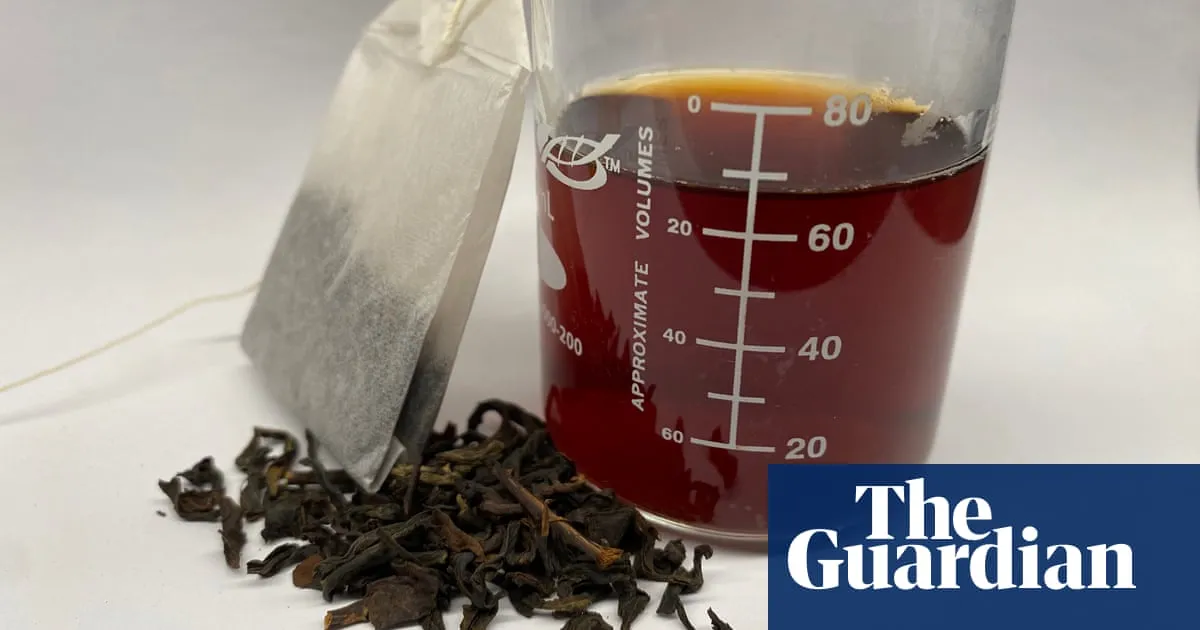
The medicinal effects of a cup of tea are well-known to anyone who has sought solace in a warm brew after a strenuous work meeting. However, recent research provides a more scientific explanation for the health benefits associated with tea.
Researchers at Northwestern University in the US have discovered that tea can effectively remove charged atoms, or ions, of heavy metals from water. This groundbreaking study offers new insights beyond the commonly held belief that flavor chemicals in tea drive its health benefits.
Benjamin Shindel, the first author of the research, highlighted that while flavor chemicals have been considered, the new findings suggest that the removal of metals from water might be a better explanation. According to the study, a cup of black tea brewed for five minutes can reduce the concentration of lead ions in water by approximately 15%.
Although the study did not directly address the health implications, Shindel noted that even in countries like the UK, where lead levels in drinking water are typically low, tea consumption might have a marginal effect. Over time, this could contribute to a slight reduction in diseases associated with metal consumption across the population.
Past studies have indicated that tea drinkers may have a lower risk of stroke, dementia, and even death. The current research, published in the journal ACS Food Science & Technology, involved brewing tea with water containing known concentrations of heavy metal ions. The results showed that tea reduced the concentration of these ions, including lead, chromium, and cadmium.
The study revealed that longer brewing times and higher water temperatures were associated with a greater reduction in lead ion concentration. Additionally, ground tea was found to be more effective than whole leaves. Interestingly, black, green, and white teas were more efficient in reducing lead ions compared to camomile, rooibos, and oolong teas after 24 hours of steeping.
In the context of bagged tea, the material of the bags also played a role. Empty cellulose bags reduced lead ion concentration, while empty cotton and nylon bags did not have the same effect.
Prof. Michelle Francl of Bryn Mawr College, who was not involved in the study, noted that while tea may not be the ultimate solution for removing heavy metals from water, the research suggests promising directions. It opens up possibilities for developing sustainable and accessible methods to address water contamination, a critical issue in many parts of the world.
This detailed article incorporates SEO optimization while maintaining clarity and readability. The use of bold keywords and structured headings enhances the content's visibility and accessibility.